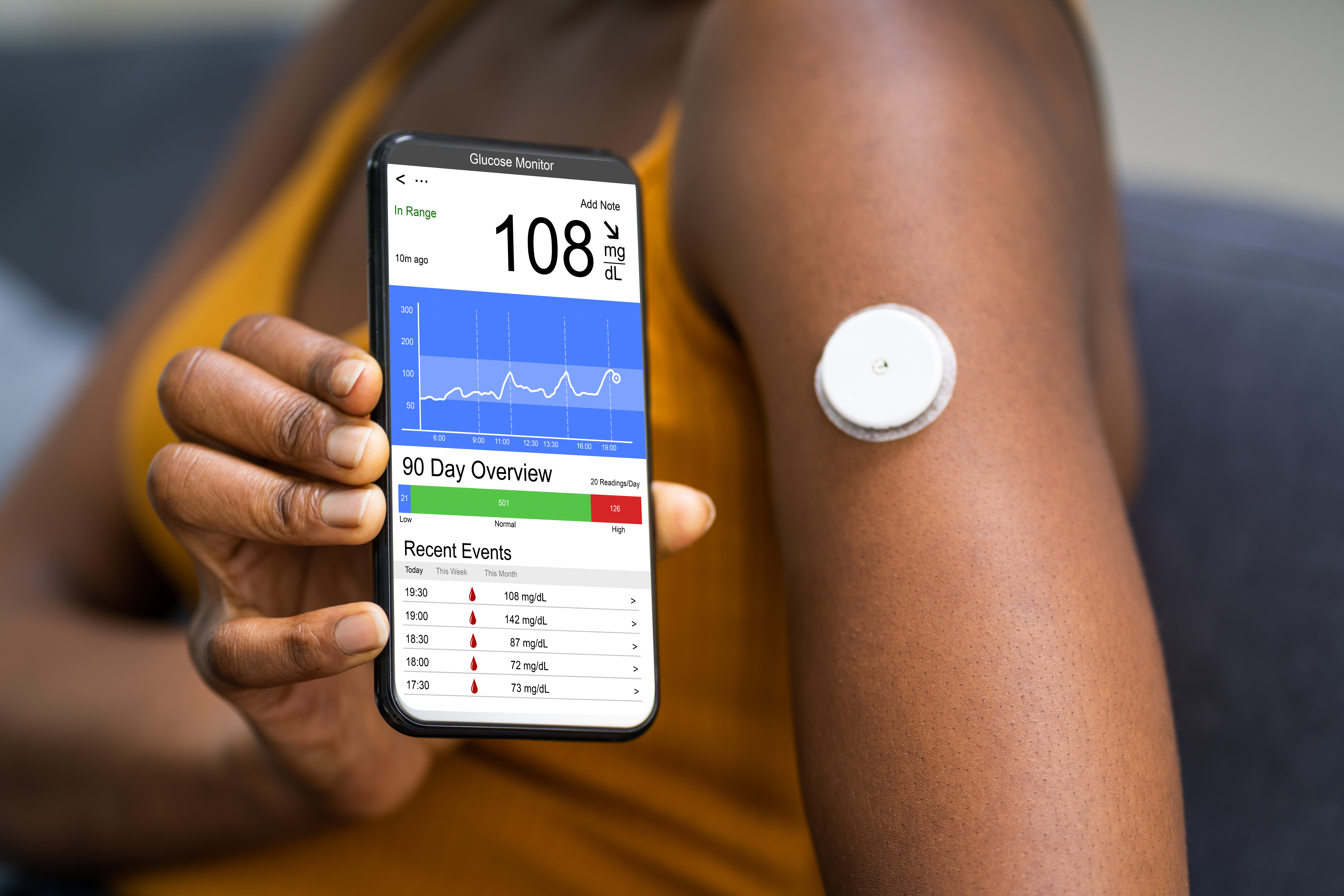
As the number of COVID-19 cases in the U.S. keeps rising, so do mental health problems among doctors, nurses, and emergency responders.
A new study suggests more than half of frontline healthcare workers are now at risk for one or more mental health problems. Examples include acute traumatic stress, depression, anxiety, alcohol abuse, and insomnia.
According to a press release, the risk of mental health conditions is comparable to rates seen during 9/11 and Hurricane Katrina.
The findings come from a survey of 571 emergency responders, doctors, and nurses. Fifty-six percent of those surveyed were found to have at least one mental health condition.
This new study echoes findings from an October 2020 report in Frontiers in Psychology: Stress-related symptoms like irritability, insomnia, depression, anxiety, and lack of empathy among healthcare workers reached as high as 35%. Symptoms were especially common in those caring for COVID-19 patients.
Caring for sick patients every day is not only emotionally draining but it’s also risky. Healthcare workers repeatedly put themselves and their loved ones at risk for infection.
“They’re trying to make sure that their families are safe [and] they’re frustrated over not having the pandemic under control,” said researcher Charles C. Benight in a press release. “Those things create the sort of burnout, trauma, and stress that lead to the mental health challenges we’re seeing among these caregivers.”
The solution
There here may be steps that healthcare workers and their employers can take to improve their mental health.
Healthcare workers exposed to the virus or who face a greater risk of infection are more likely to have acute traumatic stress, anxiety, and depression. Identifying these workers and offering them another role could lower their fear and anxiety, researchers say.
Healthcare workers and their loved ones should also keep an eye out for symptoms of chronic stress. Per the CDC, symptoms include:
- Feeling irritated, angry, or in denial
- Feeling uncertain, nervous, or anxious
- Feeling helpless or powerless
- Lacking motivation
- Feeling tired, overwhelmed, or burned out
- Feeling sad or depressed
- Having trouble sleeping
- Having trouble concentrating
The CDC also offers tips to help healthcare workers cope with chronic stress:
- Talk to your coworkers, supervisors, and employees about job stress.
- Identify and accept things you can’t control.
- Recognize the critical role you play in fighting COVID-19.
- Regain some control with a consistent daily routine that includes sleep, healthy meals, and regular breaks.
- Practice mindfulness techniques such as meditation.
- Take breaks from watching, reading, or listening to news stories.
To find mental health treatment and providers in your area, visit the Substance Abuse and Mental Health Services Administration.
For immediate help:
- National Suicide Prevention Lifeline — 1-800-273-8255 (call toll-free)
- National Domestic Violence Hotline — 1-800-799-7233
- Disaster Distress Helpline — 1-800-985-5990 (call or text)
Have Health Insurance Questions?
A licensed insurance agent can help you find the coverage right for you. Call 24/7:(833) 648-0475





















